Most data of ERP is related to the sales department and marketing. When you know more about your customers, you can exceed their expectations. So, the basic need is how to use ERP for sales and marketing?
The ERP software has a sales and customer relationship
management module intended for industrial companies. With the ERP, you can follow all of your sales and boost
your commercial process. The CRM module, meanwhile, allows you to refine your
customer relationship and strategically manage your sales.
Let's be honest; as an equipment dealer, you do not know everything about the customer journey of your target group. You can use ERP data to map your customers; you have historical data specifically related to your company that you can use to determine your customer's needs.
Improve your conversion rate and create a real customer relationship with ERP
Your ERP data contains hard figures about your customer's buying cycle, what they spend on their equipment, and how often they buy something. Tracking your customer's behavior based on the ERP system helps you to provide your customers with a better service. At the end of the day, the main goal should be to have happy customers.
Assimilate ERP Data With Your Marketing and Sales Struggles
Studies have shown that companies that work with an ERP system have significantly higher productivity than companies that do not use this management system. By integrating the ERP system with a marketing and sales strategy, you provide access to real-time data. In this way, every department has reliable information and you ensure open communication throughout the organization.
Communications and collaboration are important between sales and marketing teams but it is critical for them. For example, if they know that a customer's equipment item is defective, they can point to the potential savings of purchasing a new item versus the lost time and repair costs for their current item.
Meet and Exceed Your Customer's Expectations
Using ERP data is not only beneficial for your company, but it is also useful for your customer. Customers save time and money when you can predict their needs in advance. This ensures loyal customers over time. Through your efforts, customers will see that you value them as people.
Now you have proven that you can meet and exceed their expectations. When you use the data in the ERP system, you notice how easily and quickly you can manage customer relationships and make them profitable.
Importance Of Sales Management In Cloud ERP
ERP tools improve information flow, reduce sales cycles and increase close rates. Cloud ERP support Integrated marketing solution can increase collaboration among sales, marketing, and support while ensuring maximum return on investment for every marketing dollar spent.
Combined with an ERP system, marketing teams can also take advantage of customer relationship management(CRM) systems to manage leads, improve conversions, measure campaign performance, communicate with contacts and improve productivity. They can also capture leads from web forms, purchased lists, advertisements, direct mail, events, and other sources.
Due to their web-based architecture, most cloud ERP offerings come with APIs for quick integration with other critical software. tools and programs. The benefits for sales and marketing teams are many, including faster, cheaper implementation, and faster time to market for mobile strategies.
By implementing a cloud ERP solution, sales and marketing teams can better control their processes and better understand their operations in real-time. They can maintain high productivity by providing staff with online access to up-to-date information from anywhere using any device at any time.
A Summary Of Specific Business Benefits Of An ERP
- Lower management and operational costs through unified,
integrated systems
- Consistent infrastructure: from the back office to the front
office with which everyone will have the same appearance
- Improved business insight through real-time information
- Improved collaboration between all employees as they share
all data (quotations, contracts, expenses, and more)
- Improved efficiency through clearly defined business
processes and a common user experience
- Reduced risk through improved data integration and better
financial control
- More efficient use of data because everyone uses the same common system

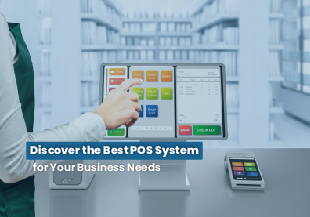
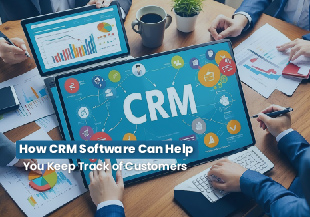
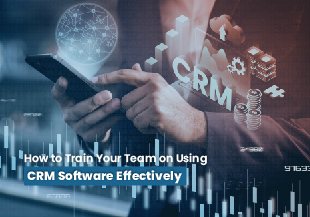
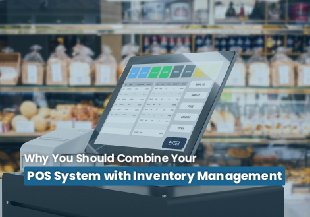
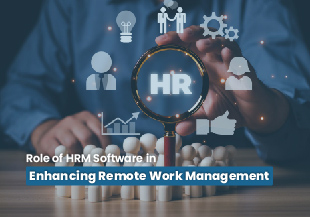
 Chat with Prismatic Bot
Chat with Prismatic Bot